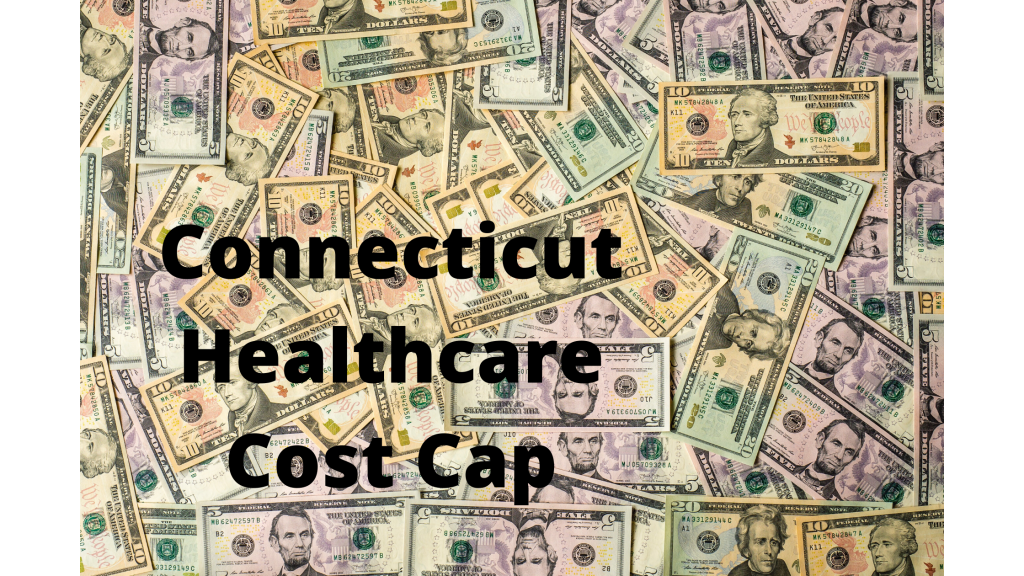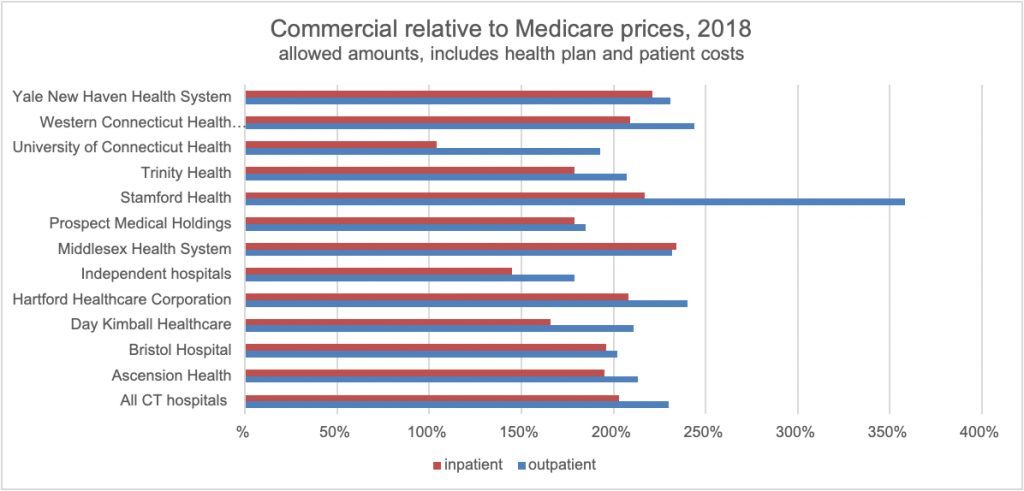insurance
ICER seeking members for New England evidence review group
The Institute for Economic and Clinical Review (ICER) is seeking nominations for new members to the New England Comparative Effectiveness Public Advisory Council (New England CEPAC). The Council includes leading clinicians, patient and consumer advocates, methodologists, and health economists. The group holds public meetings three to four times per year to discuss evidence reports on…
Read MoreState seeking public input on 2025 health improvement plan, they are really listening
After months of the Dept. of Public Health has finalized their draft plan to set goals and strategies to improve the health of all Connecticut residents by 2025. The ambitious, detailed plan focuses on access to healthcare, economic stability, healthy food and housing, and community strength and resilience. Metrics include suicide rates, obesity, overdose deaths,…
Read MoreCTNJ ANALYSIS | On Healthcare, Candidates Focused on Public Option, Medicare For All, Drug Prices
This year, Connecticut candidates running for office during a global pandemic and a harsh recession had thoughtful, well-informed answers to CTNewsJunkie‘s tough healthcare questions. One said, “The impact of the pandemic has brought the need for affordable health care into even sharper focus. Many people lost their health insurance when they lost their jobs .…
Read MoreCost Cap underservice monitoring plan is very weak, puts people at risk
Download the report This week, the Office of Health Strategy (OHS) unveiled their plan to monitor for unintended consequences of their plan to cap healthcare cost increases. OHS acknowledged in the plan that the Cap “may cause providers to reduce provision of necessary healthcare services so as not to exceed the benchmark.” Only a very…
Read MoreHas MA’s cost cap worked? Should CT copy it?
Download the report The latest reports (here and here) on Massachusetts’s first-in-the-nation cost cap project raise questions about whether it has worked. Since the cap was implemented in 2013, consumer costs are growing faster than overall healthcare, inflation, or incomes. Despite almost eight years under their cost cap, Massachusetts’s out-of-pocket costs and premiums have grown…
Read MoreCTNJ Op-Ed: Labels matter in healthcare, especially the misleading ones
The President was right – healthcare is complicated. There are lots of reasons, but a big one is language. What something is called can add to or lessen understanding. Sometimes it can be deceptive, giving the impression of a more acceptable definition than the truth. It rarely works for long, but a lot of harm…
Read MoreMedian income CT residents squeezed between rising insurance premiums and inadequate subsidies
A new CMS analysis finds that between 2015 and 2019, US insurance premiums rose while enrollment in insurance exchanges went down. The report found that 85% of the drop in enrollment was in unsubsidized coverage. People with incomes below 400% of the federal poverty level ($51,040 for an individual, $86,880 for a family of three)…
Read MoreCommercial plans pay Connecticut hospitals 215% of Medicare prices, but that’s better than most states; No evidence of Medicaid or Medicare cost shifting
A new data set and report from RAND finds that Connecticut hospital prices paid by commercial plan were 215% of Medicare in 2018, varying from 144% for UConn Health to 282% for Stamford Health. If commercial plans had paid the same rates as Medicare that year, consumers would have saved $510 million. While high, Connecticut…
Read MoreOHS committee considers how to sell the Cost Cap to stakeholders
Last week’s meeting of the Office of Healthcare Strategy’s Cost Cap committee, as they are wrapping up the project design, ended with discussion of how to ensure their project is successful in controlling healthcare costs. Despite developing the Cap during a pandemic, there has been considerable resistance and mistrust of the concept and the process.…
Read MoreCost Cap committee considers who qualifies for increased primary care spending
In response to stakeholder feedback that the prior Cost Cap levels were unrealistic and risk unintended harm to patients, at their last meeting the Office of Health Strategy’s Cost Cap committee slightly softened the cap levels. The committee continued their discussion of which providers qualify as primary care providers. OHS wants to significantly increase the…
Read More





